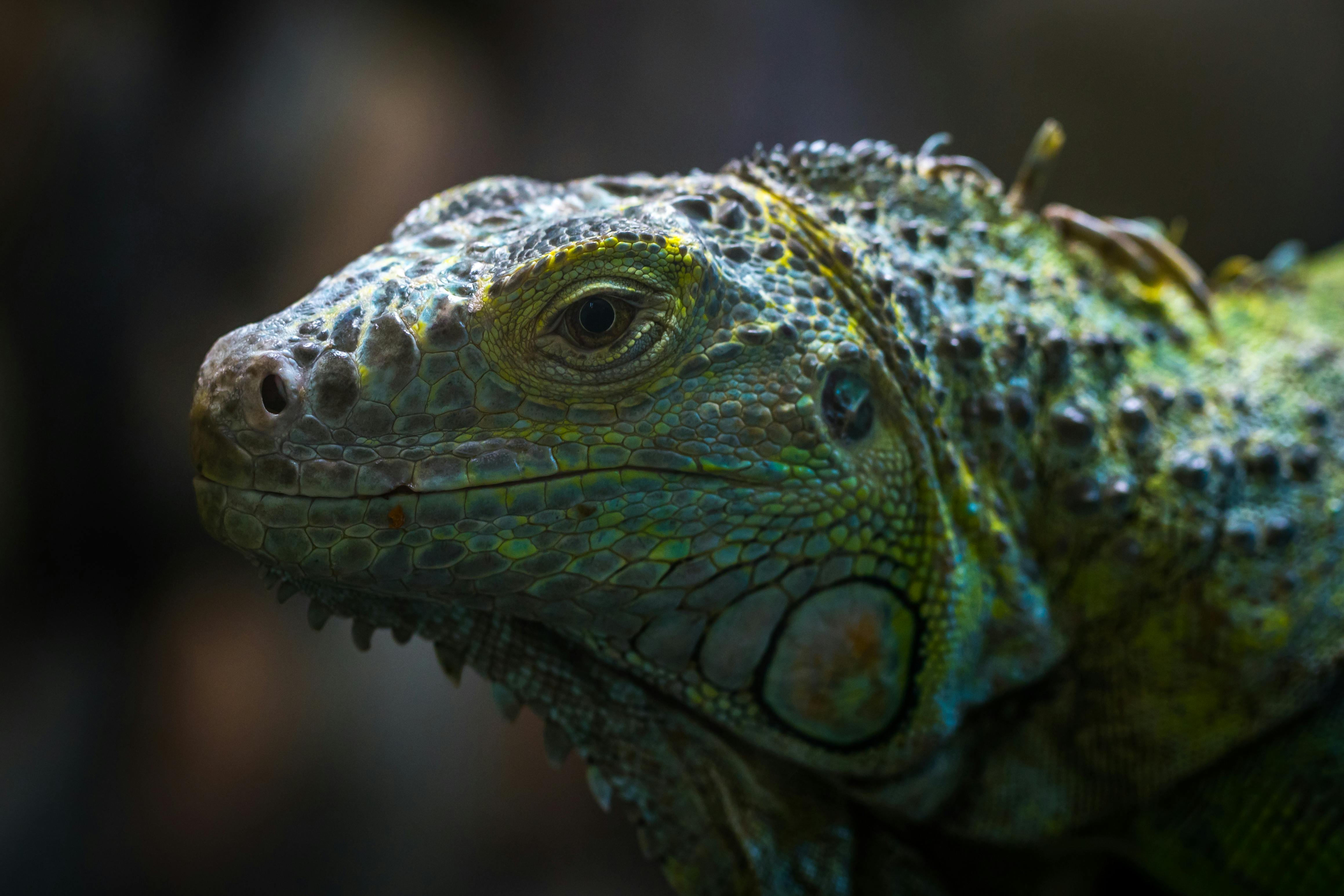The poodle is one of the most loved and hated dog breeds. Often seen in full fur, either in competition or out for walks with their owners, with their coats both puffed up and trimmed, Poodles appear to be a haughty and decadent breed of dog to the poodle layman.
Surprisingly, the story of the poodle is actually very realistic. Poodles are water dogs. They are naturals at hunting birds in the water and on land. The name Poodle comes from the German words Pudel or Pudelhund, meaning splashing and splashing dog respectively. Poodles name is related to the English word puddle. Knowing that poodles are named after a simple puddle makes the breed seem less intimidating. Poodles probably originated in Eastern Europe and have been popular throughout Europe for hundreds of years. However, it is the French who are given credit for the breed.
French Poodle breeders successfully bred all three sizes of Poodle: miniature, toy, and standard.
The three sizes of Poodle: Miniature, Toy, and Standard have similar traits to all Poodles but differ in height and weight. Miniature Poodles weigh fifteen to seventeen pounds and are eleven to fifteen inches tall at the shoulder. Toy Poodles weigh six to nine pounds and up to ten inches at the shoulder. Standard Poodles weigh between forty-five and seventy pounds and over fifteen inches at the shoulder.
Poodle breeders breed for general traits such as a high energy level, intelligence, proud or royal carriage, straight and delicate muzzle, small oval feet, and dense, curly coat, among other characteristics. There are many champion Poodle lines due to the many winners of the American Kennel Club and other kennel association competitions. Purebred Poodles must come with a documented pedigree or ancestry showing evidence of previous champions in the genetic line.
Poodles, like other purebred dogs, have some common genetic defects that lead to medical conditions. Poodle breeders should stop breeding any lines that have these conditions. Some of the likely health problems are: Addison’s disease, gastric dilatation volvulus (GDV), kidney and thyroid conditions, hip dysplasia, and cancer.
When interviewing poodle breeders, buyers should bring a list of questions to determine a reputable breeder from a bad breeder. Buyers should do their homework ahead of time and be ready to commit to Poodles at the time of purchase. Some great questions to help buyers find good poodle breeders include: do you keep your own kennel and can I visit it? can I meet the parents and receive pedigree papers? can I get vaccination and medical records? And do you offer a guarantee? Good poodle breeders will run their own kennels and encourage potential buyers to visit and meet not only the puppies but the parents as well. The cages must be clean and allow good socialization. Reputable breeders will also provide new owners with lots of information on Poodles, especially car and feeding instructions.
Good poodle breeders will be concerned with where the puppies go and what kind of care they will receive. Expect to have answers for the breeder as well as questions about your home and environment.
